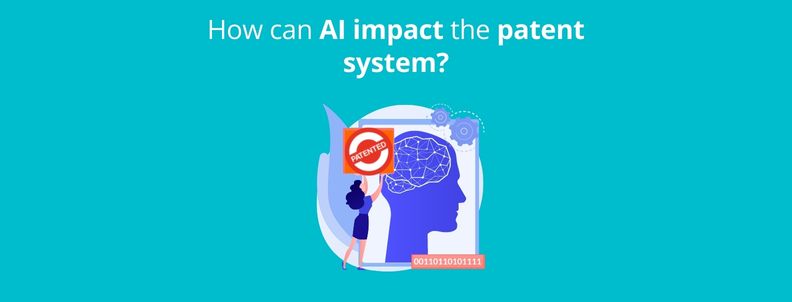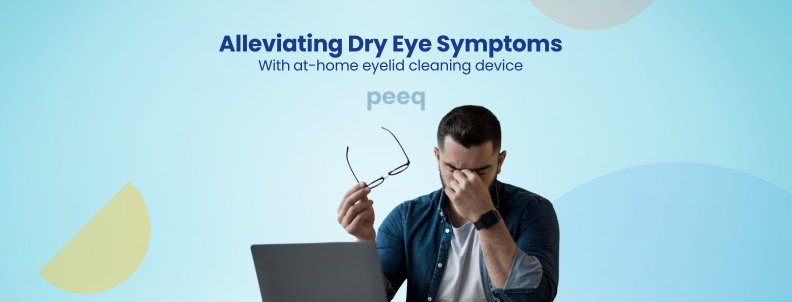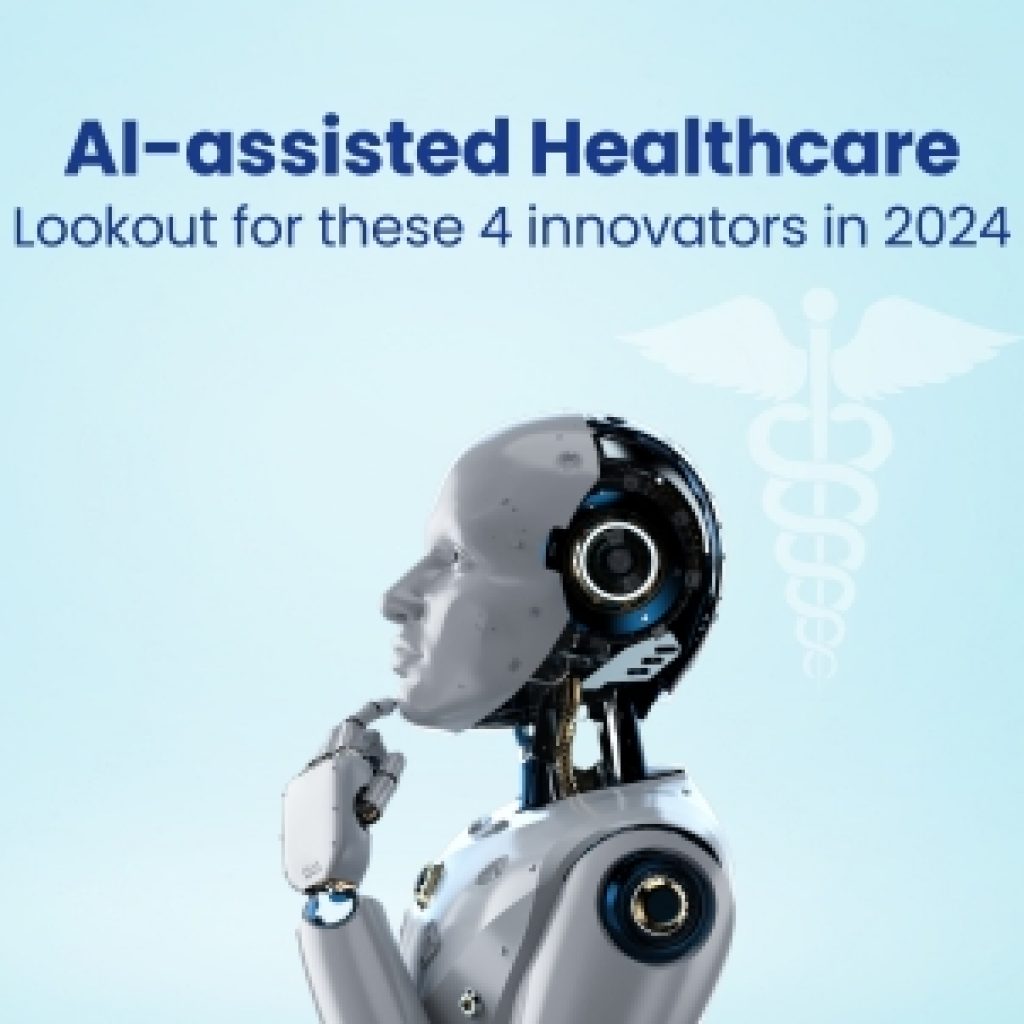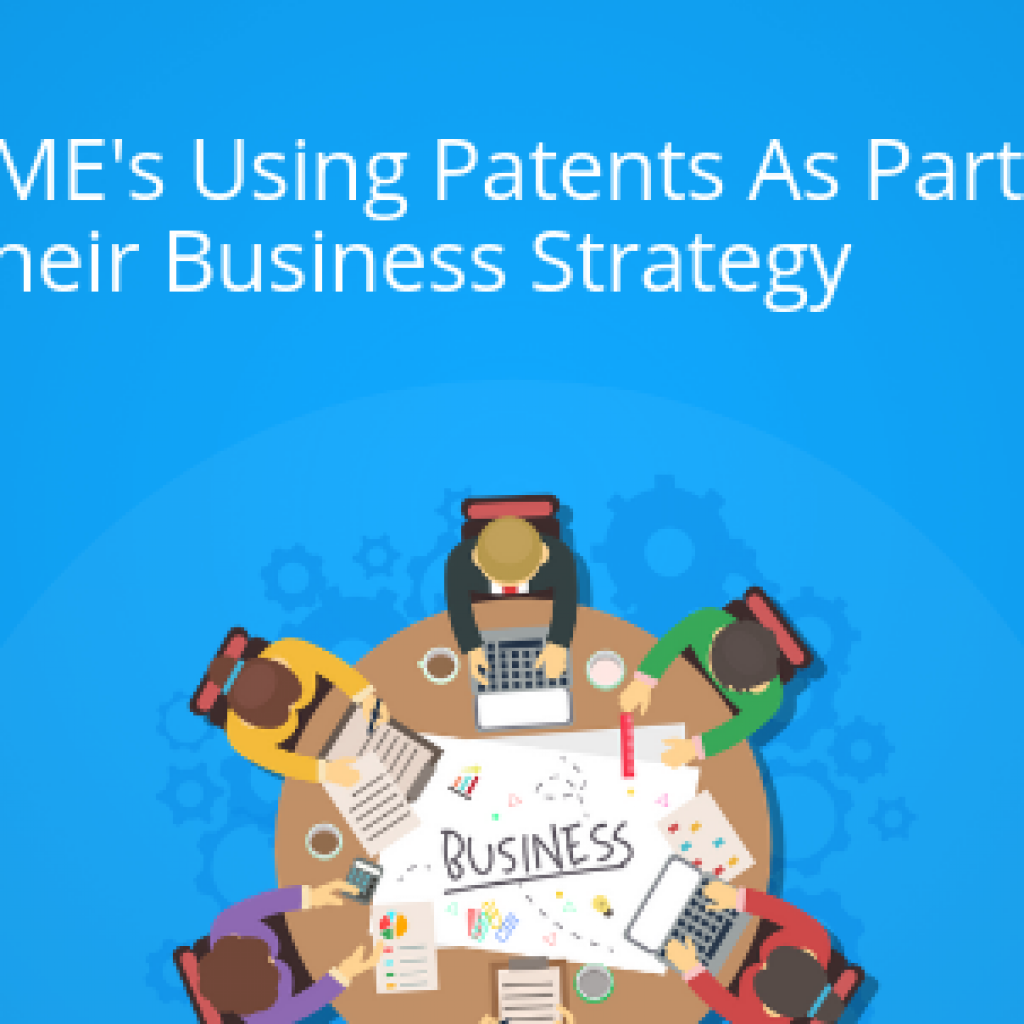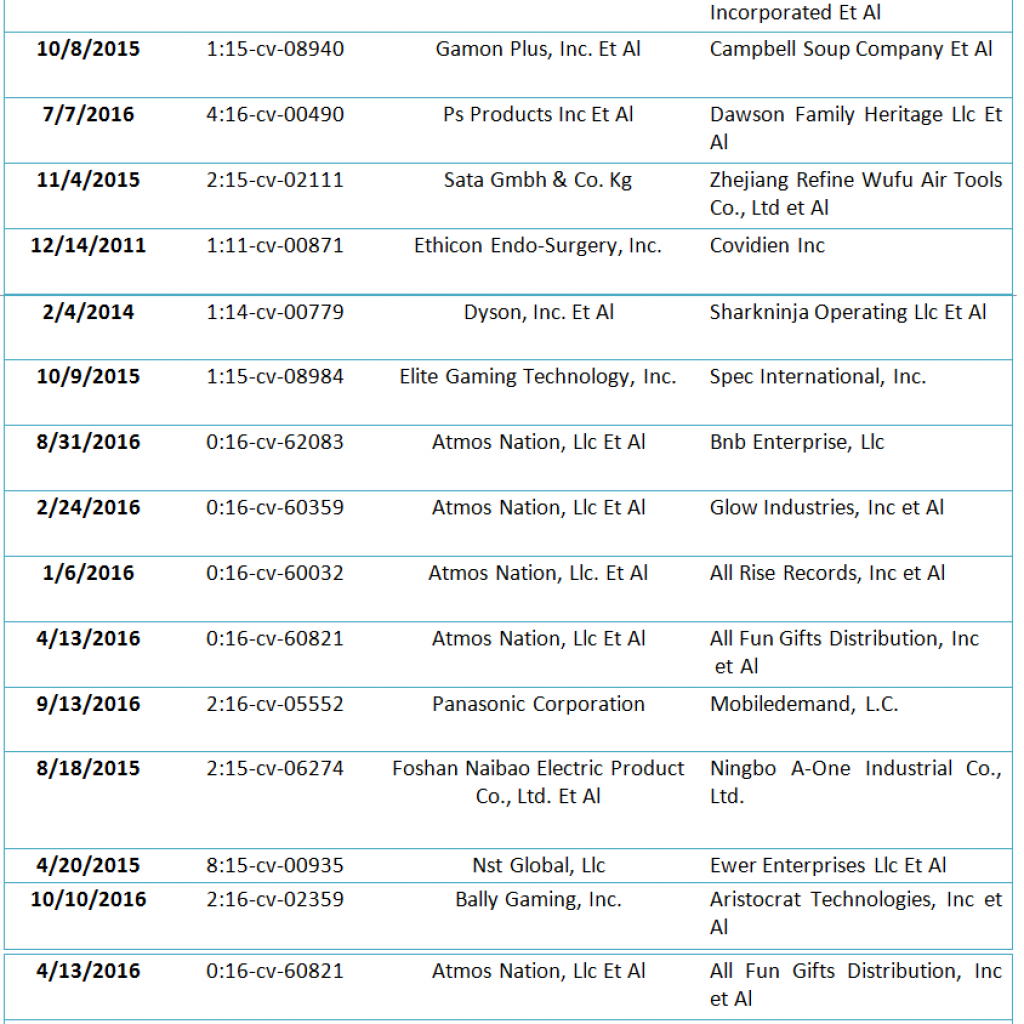As AI advances, one of the important, practical challenges that courts, governments, and regulators face is whether current intellectual property legal frameworks are equipped to address a question that is already upon us: Can an AI be granted a patent?
In recent developments in this area, a UK court has ruled that since ‘Dabus’ (an artificial neural network) is not a person, it cannot be called an inventor.
Dr. Stephen Thaler, the creator of DABUS (the creativity machine) had filed applications to patent offices around the world. By doing this, Thaler seeks to establish that artificial intelligence systems can make inventions and that the owners of such systems can obtain patents for those inventions. The mathematician Doron Zeilberger, too, often credits a computer – which he named Shalosh B. Ekhad – as his coauthor.
The EPO (European Patent Register) rejected Thaler’s application last year. The UK, along with the US, refused it on the basis that only a natural person could be an inventor.
Now, the interesting thing is that Dr. Thaler accepts that he is not the inventor. Therefore, he has no entitlement to the patent. So, does that mean that no one can get a patent on an AI-generated invention? It seems so. Either you hide the fact that it is generated by an AI or keep the invention a secret.
But wait, there’s still hope for AI inventions.
The Federal Court (Australia) found that, under the Patents Act 1990 (Cth), an artificial intelligence (AI) system could be named as an inventor on a patent application. This decision overturned an earlier decision by IP Australia that only a human can be named as an inventor for an Australian patent. So an AI may get a patent in Australia after all.
Additionally, South Africa also looks at it in a more lenient way, i.e. If artificial intelligence (AI) can write a book, unravel the story hidden within document collections for e-discovery, and beat a grandmaster at chess, then surely it is capable of creating a patentable invention.
In the US, however, the patent system does not allow such cases. For this case, a federal judge ruled that the computer using artificial intelligence can’t be listed as an inventor on patents because only a human can be an inventor under U.S. law. According to the judge, Federal law requires that an “individual” take an oath that he or she is the inventor of a patent application, and both the dictionary and legal definition of an individual is a natural person.
So there is still no way for AI inventions to get a patent in the US today. But AI systems are progressing at an impressive speed. Their developers will generate more such applications. Though patent systems are jurisdiction-specific, they still follow very similar laws. These types of cases can create a new grouping.
Let’s see how this can impact the various scenarios in the coming time.
Software patent
At the core of the AI dispute is software patents. AI can be considered a sort of special case of software. For a long time, software patents have been a reason for disputes. The most famous one is the Alice Corp. case.
Inventorship
The current patent regime in different jurisdictions
Under the vast majority of legal systems worldwide, only natural persons are considered to be inventors. For example, the Court of Appeal recently held that UK patent applicants must name a human inventor(s) to satisfy the statutory requirements. Similarly, other countries like the US, India, Korea, Japan, China, etc. also only allow humans to be the inventors of patents, thus, making the scope of AI very restrictive.
However, as AI systems are becoming prominent in the invention-making processes in various areas of industry, it gives rise to the question of what is the desirable ambit of the inventorship concept. In other words, should the patent regime allow for AI systems to be considered inventors, and what may be the consequences of answering this question, either affirmatively or in the negative?
Considering computational inventions patentable and recognizing AI as an inventor
would require AI to be treated as a legal person. Being a legal person, AI would be subject to
rights and obligations arising as a result of such status. Saudi Arabia was the first to give a robot (Sophia) the right to citizenship. Will that be the norm in the future?
The second option is not listing any inventors. But this would require the patent legal framework to adapt in such a way that patents can be granted to AI without listing the inventor.
What are the disadvantages of AI as an inventor?
However, granting patents to AI could have a detrimental effect on innovation and competition. For example, advances in AI could reduce innovation costs, resulting in large volumes of patents. These patents may be held by a small number of dominant players with access to the best AI technology and training data. This may be a problem for small and medium enterprises (SMEs) and start-ups struggling to grow in this environment.
So, there is a need to change the current patent laws to accommodate the policy of granting patent rights to AI which will not affect small and medium enterprises, a right similar to a patent but with more limited exclusive rights. One way of doing that could be “Protecting AI-devised inventions through a new type of protection”. Under this protection, inventions that currently fail to qualify for patent protection as they are invented by AI, and a human inventor cannot be identified, are protected. This new protection should have some stricter rules, at least for inventiveness, as AI can invent in ways that human inventors would not deem obvious. Alternatively, the right could be granted with no test for obviousness, with novel AI-devised inventions being automatically protected and decisions on validity left to the courts. In either case, it is suggested that protection could be less than the 20 years conferred by patents. This would operate alongside the current patent system
Is there any jurisdiction that is amending its patent regime for AI?
The European Union is working towards expanding their national laws to include the copyrightable works produced by computers and other devices/ machinery under the category of ‘own intellectual creation’ however, no efforts are being made for patents by AI systems and robots in this field.
It appears that a human actor that is making a creative contribution to the invention is likely to be identified as an inventor under the present and short- to the mid-term future technological state of affairs. In such a case it is necessary to evaluate whether there is anything to be gained from broadening the definition of the inventor to include AI systems to serve as co-inventors.
However, the European Patent Office has scheduled a hearing in December. What’s your call on this? Do you think that the EPO will also approve AI to be an inventor, or will it follow the US patent regime of not considering AI an inventor?
Obviousness
A basic tenet of patent law is that patents aren’t awarded for inventions that are obvious, i.e., an invention cannot receive a patent if it is merely an obvious variation of something that already exists. The standard of obviousness in patent law is measured against a hypothetical person of ordinary skill in the art. E.g. an invention comprising a type of any computer system would be deemed obvious or not, by a person of ordinary skill in the field of computer engineering, and, to some degree, in other fields incidental to the invention.
Nevertheless, in the case of AI, it is unclear if the person of ordinary skill in the art would be a programmer of AI or a technician in the field of the invention. Various AI systems take large teams to implement, requiring separate groups to program the original code and train and perfect it before it is usable. These interdisciplinary teams are all essential to making the invention, yet it is creating more uncertainty as to the appropriate person of ordinary skill in the art.
Also, putting artificial intelligence, with its potential for near-omnipotent capabilities, on equal footing as human inventors could have a significant impact on patent law’s obviousness standards.
The use of AI technology in research and development raises the question of whether a POSITA’s perspective is appropriate for assessing the patentability of inventions in a field in which AI is used. Just as the design of a pharmaceutical might not be obvious to a layperson, but obvious to an experienced research chemist, certain AI-generated inventions might not be obvious to a human POSITA but obvious to an AI system. So, in considering the POSITA for inventions created by AI, many commentators have suggested that the POSITA should be either a person who specifically understands and works with AI or an “artificial intelligence skilled in the art” (AISITA).
Besides, AI uses past data to produce something. It knows how it has derived the solution. Since, the inventor (AI) has to disclose the known prior-art, where will be the line of obviousness when you know exactly which facts were combined?
AI rights
How to deal with infringement in the case of AI as an inventor?
In the case of patent infringement, the inventor needs to understand the nature of the infringement and the various pros and cons of prosecuting the infringer. Human inventors have little trouble understanding the relevant issues, and, with a little guidance from patent lawyers, can make appropriate decisions based on their own particular social and economic context. Artificial intelligence algorithms, on the other hand, will find it hard, if not impossible, to even place all the relevant data points in an appropriate context, let alone arrive at the sort of decisions that an inventor is expected to take. Any patent granted to an artificial intelligence algorithm would, for all practical purposes, be exercised by the inventor of that algorithm, who would be the person negotiating the relevant license arrangements and infringement prosecutions on behalf of the designated inventor.
A patent implies an exclusive right to use as well as sell the invention. Infringement liability arises when someone without authority uses, sells, or proposes to sell such an invention. In case of an infringement, the infringer must pay damages to compensate for the loss. But the question arises in respect of AI, as to who will be liable as an infringer (if jurisdictions grant a patent to AI).
According to the European Parliament Resolution of 16 February 2017, AI cannot be held liable for acts and omissions caused to third parties. Rather, the human agent behind an AI’s veil has to be traced, such as the operator, manufacturer, or the user-provided that such an agent could have foreseen an AI’s harmful behavior. Failing to hold someone liable for patent infringement by AI will encourage using AI for infringement.
The next question is what to do if an AI infringes a patent?
Most law only recognizes ‘a person’ (a human) as a patent infringer; it does not set out how liability works when a person is not involved. What would happen, for instance, if an AI application were to inadvertently replicate a patented invention, is as yet untested. With the increasing use of AI, there is an increased chance of patent infringement by an AI machine rather than a human. This could raise a number of issues. Among many, the foremost issue is who should be held responsible if AI infringes on a patent? The creator, trainer, predictor, or the owner.
Overall Impact of AI
There is a strong possibility that there will be floods of patent applications as AI Technology is much more efficient in creating inventions as compared to human beings. AI will have a negative impact on future human innovation. Substituting inventions made by a natural person with autonomous algorithms would lead to the atrophy of human intelligence. This will lead to the elimination of high-tech research and development jobs and industries. There must be an adequate mechanism to ensure that patent applicants are not being untruthful about AI’s involvement in the inventive process. AI inventions without human supervision can have negative consequences. Measures must be taken to promote transparency and accountability
TL; DR
The continued growth of AI systems and capabilities worldwide continues to impact the global economy. As AI continues to evolve and improve, it will move beyond being a tool that assists in the invention, to becoming an inventor itself. This will challenge lawmakers and regulators to adapt and evolve IP legal frameworks in order to address issues of inventorship and authorship.
For the time being, in most global jurisdictions, including the U.S., EU, India, etc., an AI cannot be an “inventor.” Accordingly, it is advisable to continue listing individuals—that is, natural persons—not AI systems, as the inventors on patent applications.
How this situation will play out for Sophia of Saudi Arabia. Will the USPTO allow them to have a patent? If yes, will Sophia help a member of her species? Only time will tell.
Authored By: Sukha Singh, Analytics team
No related posts found

